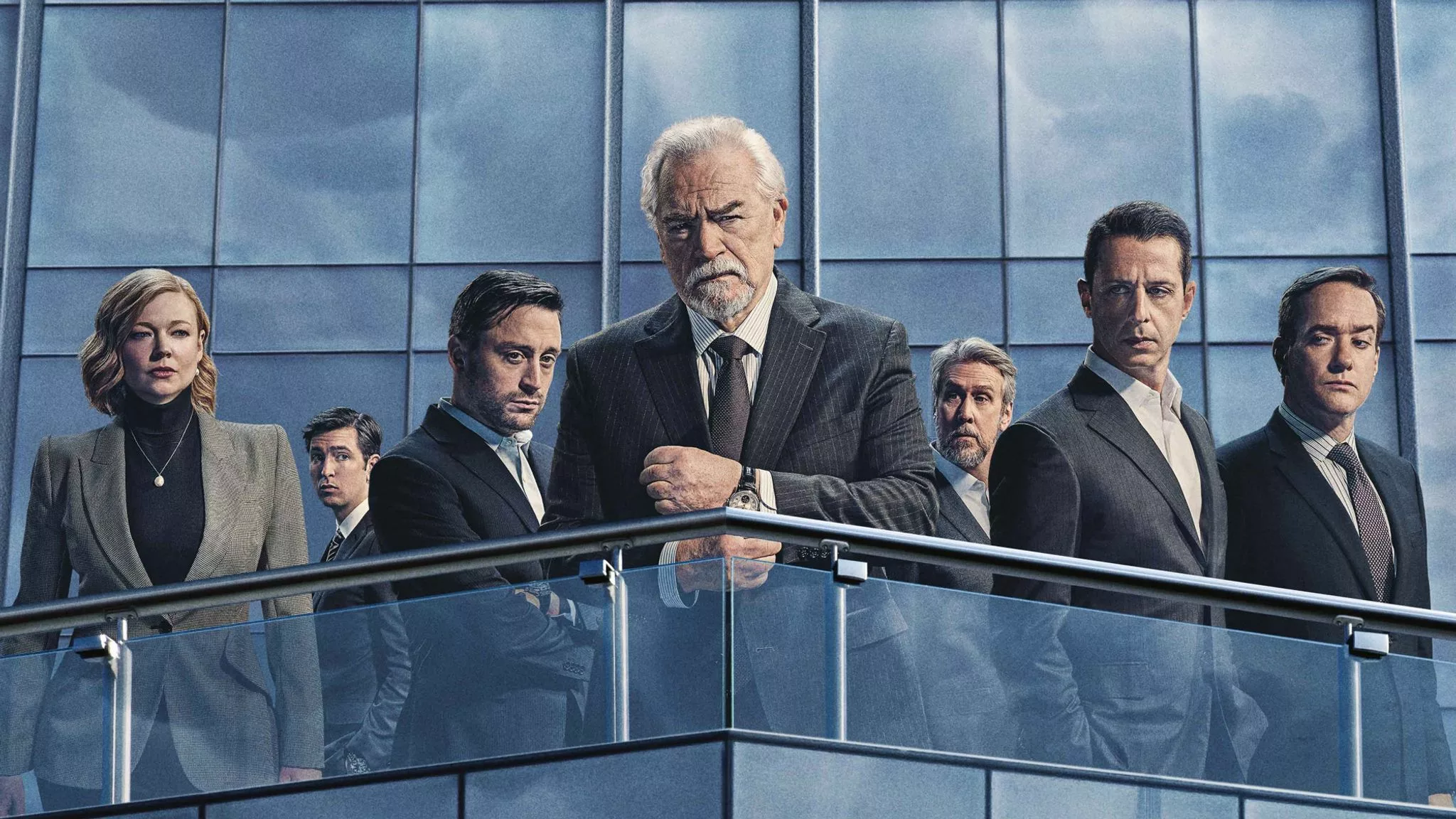As the acclaimed HBO series “Succession” concluded its fourth season with a dramatic twist in May, creator Jesse Armstrong recently disclosed that the possibility of “Succession” season 5 was a topic of serious discussion.
The decision to end a show as successful as “Succession” is never an easy one, and Armstrong admitted he was initially hesitant to say goodbye to the Roys.
In a guest column for Vulture, Armstrong shared his thoughts on the dilemma. In December 2021, after wrapping up season three, Armstrong gathered his fellow executive producers and writers to consider the show’s future. He had envisioned two possible scenarios: one final season comprising ten episodes or extending it with two seasons of six to eight episodes each.
Armstrong’s internal struggle was evident—he didn’t want to bid farewell too hastily to the intricate relationships and creative possibilities that “Succession” had to offer. He feared leaving behind unresolved subplots and untold jokes. Armstrong recounted the discussion with his team:
“We went round the room, this little committee on whether to whack the show. Will, the coldhearted killer, voted over Zoom for just one more season. Jon thought two more. He had always imagined that five seasons was the right shape. Tony said that what he wanted for us, for himself, was to keep making the show, but in his heart he thought the creatively wise thing might be to end. Lucy, I think, put the question to bed: We could, if we wanted, keep going with a show that became increasingly rangy and fun — a climbing plant grown leggy but still throwing off beautiful blooms now and then. But the ten-episode season was the muscular way to go out.”
While Armstrong’s argument for extending “Succession” into a fifth season is compelling—offering the opportunity to delve deeper into subplots and character relationships—the creators ultimately chose to conclude the series after season 4.
This decision was underpinned by the desire to avoid the fate of shows that overstayed their welcome, diminishing the quality and impact of their narratives.
“Succession” ended on a high note, with a finale celebrated as one of the greatest in television history. The show’s core conflict surrounding the succession of Logan Roy found resolution, aligning with the essence of the series. Kendall, Roman, and Shiv, despite their futures, lost their bid to succeed their father, signifying the natural conclusion of their stories.
In hindsight, Armstrong acknowledges that despite his initial hesitation, the decision to end “Succession” after season 4 was the right one. It spared the show from the pitfalls of overextension and preserved its legacy as a masterful exploration of family dynamics, power struggles, and corporate intrigue.
As fans reflect on the brilliant conclusion of “Succession,” they can appreciate that the show’s creators made the tough call to exit at the peak of its prowess, ensuring that the Roy family’s saga remains a standout in the realm of television storytelling.
























